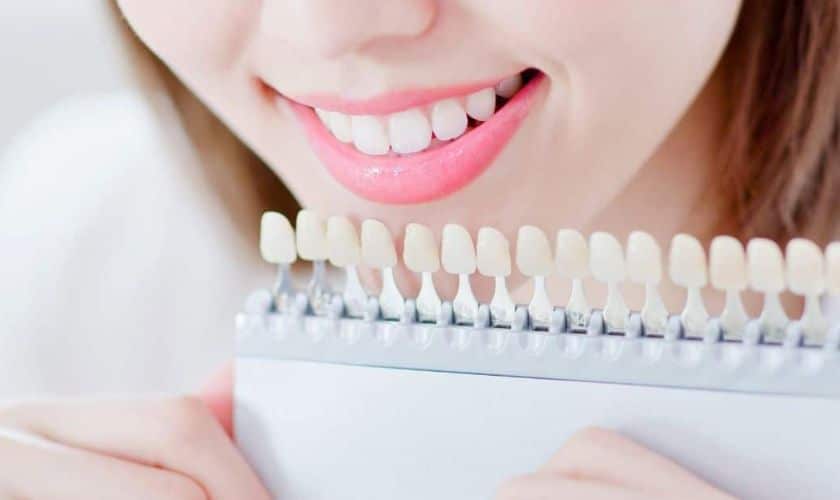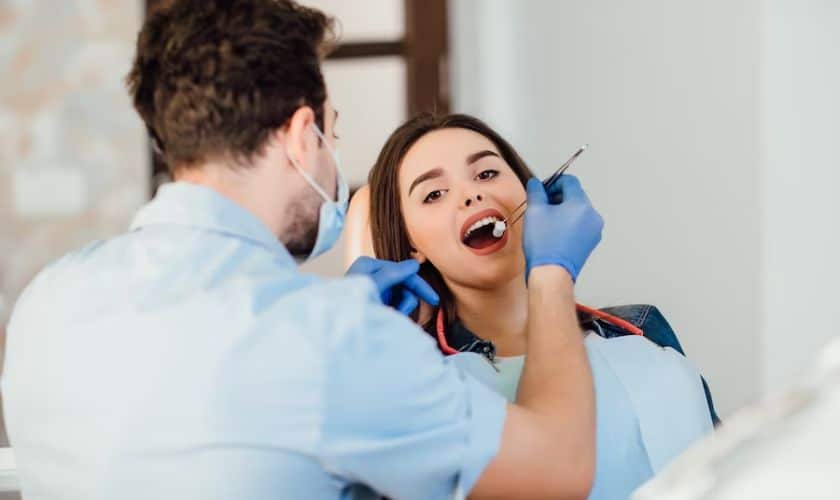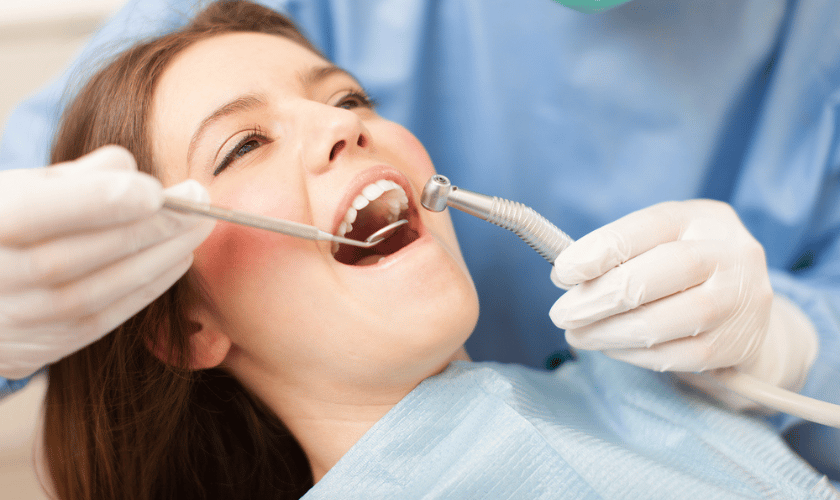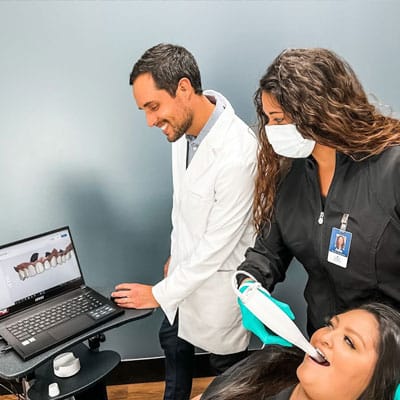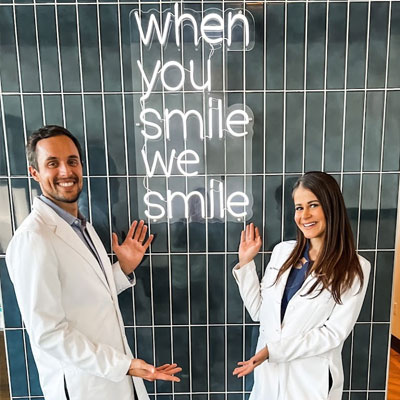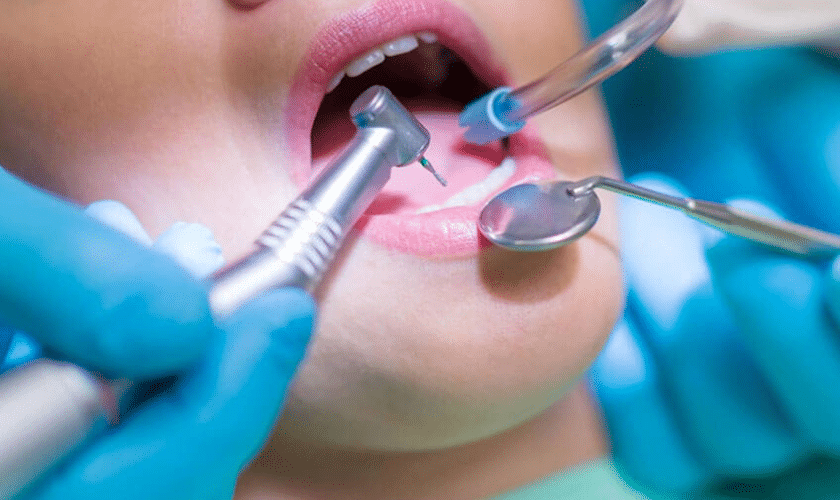
When it comes to dental health, preventative dentistry is always better than restorative dentistry. Preventive care helps you maintain excellent oral hygiene and can help reduce the need for extensive and costly restorative treatments. Preventive care also involves educating patients on how to properly care for their teeth and gums. In this blog, we will discuss why preventative dentistry is better than restorative dentistry and how it can benefit you in the long run.
Preventive dentistry is a type of oral health care that focuses on keeping teeth and gums healthy. It involves regular check-ups, cleanings, and preventive measures such as fluoride treatments or sealants to help protect against cavities and gum disease. Preventive dentistry also includes educating patients about proper brushing and flossing techniques, healthy eating habits, and the importance of regular dental visits.
Benefits of Preventive Dentistry
Prevent Cavities
When it comes to preventive dentistry, one of the major benefits is that it can help prevent cavities. Regular check-ups and cleanings help remove the plaque and tartar buildup that can lead to cavities. Preventive treatments like fluoride treatments and sealants can also help protect the teeth from cavities.
Prevent Gum Disease
Preventive dentistry is also important for preventing gum disease, which is an infection of the gums. Regular check-ups, cleanings and preventive treatments can help protect against gum disease by removing plaque and tartar buildup that leads to infection.
Educate Patients
Preventive dentistry also involves educating patients about proper oral hygiene practices. Preventive care includes teaching patients about the importance of brushing and flossing their teeth twice a day, as well as eating nutritious foods and limiting sugary snacks. Preventive care also involves discussing regular dental visits and the importance of visiting the dentist for check-ups and cleanings.
Advantages of Preventive Dentistry Over Restorative Dentistry
Cost Effective
Preventive dentistry is more cost-effective than restorative dentistry because it focuses on preventing the need for costly and extensive treatments. Preventive care helps maintain good oral health, which can reduce the need for expensive restorative treatments such as fillings, crowns and root canal therapy.
More Convenient
Preventive dentistry is also more convenient than restorative dentistry. Preventive care helps maintain good oral health and can often be completed in one or two visits, whereas restorative treatments may require multiple visits. Preventive care also typically does not require the use of anesthesia, which makes it a more convenient option for patients.
Preventive Care Is Preventative
Preventive dentistry is also more preventative than restorative care. Preventive treatments, such as fluoride treatments and sealants, are designed to help protect against cavities and gum disease. Restorative treatments, on the other hand, focus on repairing existing damage caused by cavities or gum disease.
Conclusion:
Preventive dentistry is an important part of maintaining good oral health and should not be overlooked. Preventive care helps maintain excellent oral hygiene and can help reduce the need for expensive restorative treatments. Preventive care also involves educating patients about proper oral hygiene practices, which is essential for maintaining good oral health. Preventive dentistry is a more cost-effective, convenient, and preventative option than restorative dentistry.
A1: Preventive dentistry focuses on maintaining good oral hygiene and preventing the need for costly and extensive treatments. Restorative dentistry focuses on repairing existing damage caused by cavities or gum disease.
A2: Preventive dentistry includes regular check-ups and cleanings, as well as fluoride treatments and sealants. Preventive care also involves educating patients about proper oral hygiene practices.


